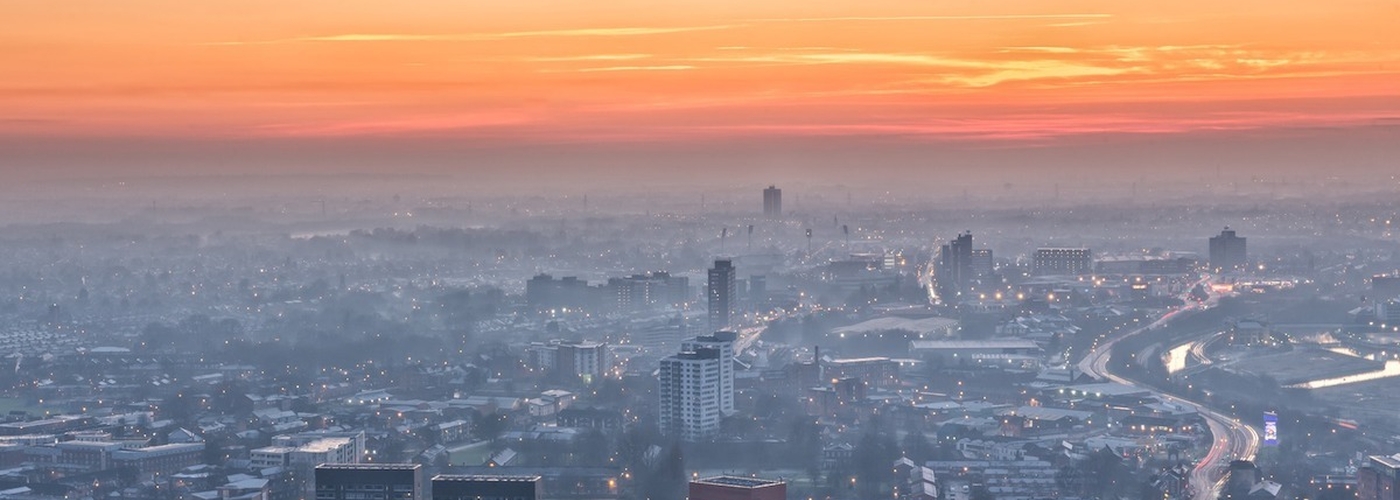Who will get your vote on 6 May and what are the mayor's powers?
The GM mayoral elections are coming up very soon - 6 May to be precise. Nine people have flung their metaphorical hats in the ring to become the leader of this fair city.
Let the campaigning, grandstanding and general bickering commence.
There is one thing all the candidates agree on - being the Mayor is a big job. What they disagree on, of course, is who the best person to do that job is.
Rivals will criticise the performance of Greater Manchester Police as Burnham's main weak point
Some people question why we have a mayor at all. Back in 2012, there was a referendum on having a mayor for Manchester which saw 48,593 people vote to retain the political status quo, while 42,677 voted to have an elected mayor, giving a majority of about 6000 to those who rejected the idea of a mayor. Voter turnout was approximately 25%.
At the time, Liverpool and Salford did agree to have a mayor. So while Liverpool has a metro mayor in Steve Rotheram, it also has a separate mayor who acts as the executive of the city council - perhaps the closest comparison would be the position Sir Richard Leese occupies. It was this role that Mancunians rejected in 2012, rather than a regional figure.
To add another mayor into the mix, Manchester also has the familiar figure of the ceremonial mayor, more often called the Lord Mayor of Manchester, who is chosen every year but the council but not elected by the larger public.
Nevertheless, to secure devolution of powers from Westminster, the Conservative government imposed (another) mayor on Manchester. The regional (or metro as it is also called) mayor was intended to act as a single point of accountability to both local people and central government.
So - we've got a metro mayor, whether we like it or not. Though some people still call for the role to be disbanded, believing it adds another layer of bureaucracy, it turns out many of GM's residents are in favour of the mayor taking on even more power. A survey commissioned by Centre for Cities found that 85 percent of adults supported greater devolution to the region.
Over 50 percent want the mayor to have more influence over housing, while 47 per cent said the office should do more to support businesses.
Now, all we have to do is decide who is best (or least worst) to do the job. While we encourage you to have a look at the manifestos when they appear, in the meantime we've gathered together the top lines for each candidate.
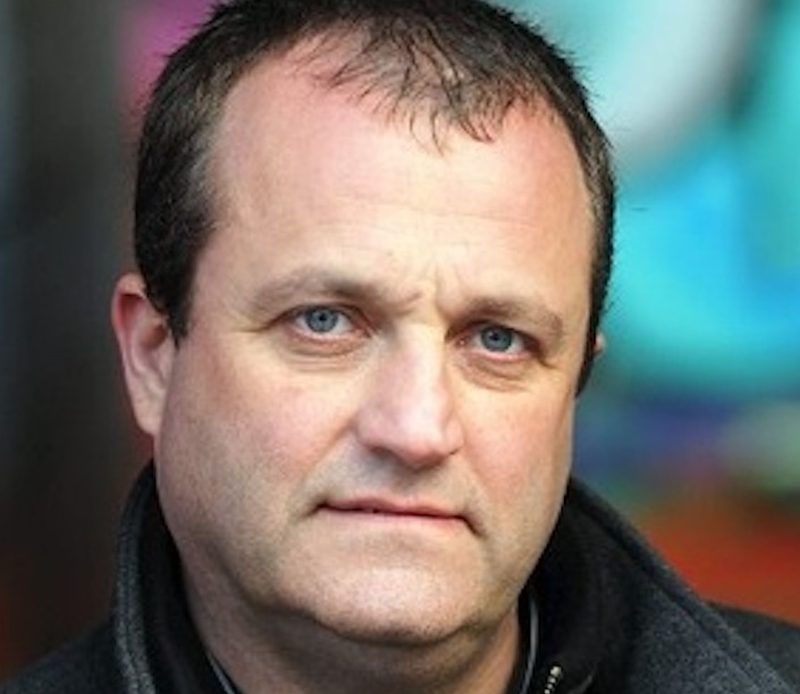
Nick Buckley - Reform Party
Nick Buckley is running for the Reform Party - the rebranded Brexit Party. It describes itself as "a libertarian party that would like the population to live via moral rules". In 2011, Mr Buckley founded the charity Mancunian Way, working with Manchester’s homeless people and rough sleepers.
Last year Nick Buckley was at the centre of controversy when he published an article that contained some criticisms of Black Lives Matter. He was sacked by the trustees of his charity, but after an online petition was set up he was reinstated. He said:
“We have watched as statues were pulled down and our history rewritten. The meaning of words changed. Freedom of speech curtailed. People losing their jobs for thinking the ‘wrong thing’.
“We all need to stand up and say ‘No more’. We need to draw a line in the sand."
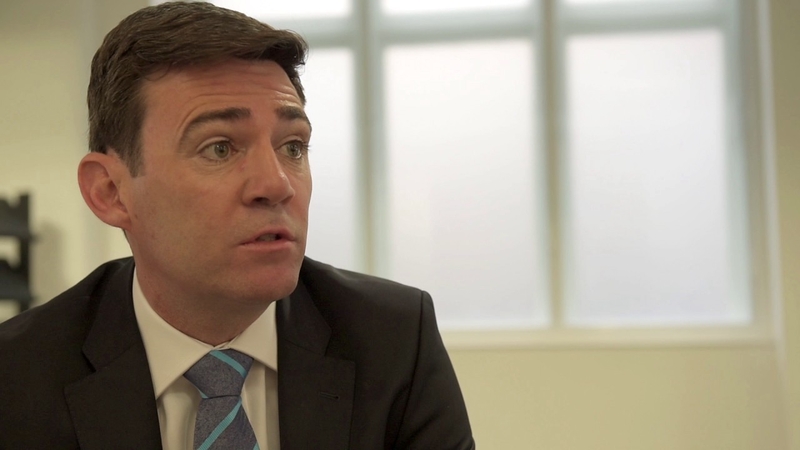
Andy Burnham - Labour and Co-operative Party
Andy Burnham is the incumbent and first metro mayor of Manchester. His focus for this campaign is transport, in particular his decision to take back control of the bus network in Greater Manchester. Prior to becoming mayor, Mr Burnham was MP for Leigh from 2001 and held ministerial roles in central government.
During the first mayoral election campaign, Andy Burnham pledged to give 15% of his mayoral salary to a fund committed to tackling homelessness (which he fulfilled and is still the case) and promised to end homelessness in Manchester by 2020, which has not happened.
He is also known for his work with the Hillsborough campaign, his support of LGBTQ+ rights and same-sex marriage and his opposition to the long periods of restrictions that affected Greater Manchester. He said at the time, "It is wrong to place some of the poorest parts of England in a punishing lockdown without proper support for the people and businesses affected."
Recent work has included launching a suicide awareness campaign with Sir Alex Ferguson and Mark Hughes; speaking for women's safety during an online vigil for Sarah Everard and supporting the Excluded campaign for those who receive no financial support during the pandemic.
Rivals will criticise the performance of Greater Manchester Police as Burnham's main weak point - the force received a critical report from HMIC and as the mayor, Mr Burnham has overall responsibility for GMP.
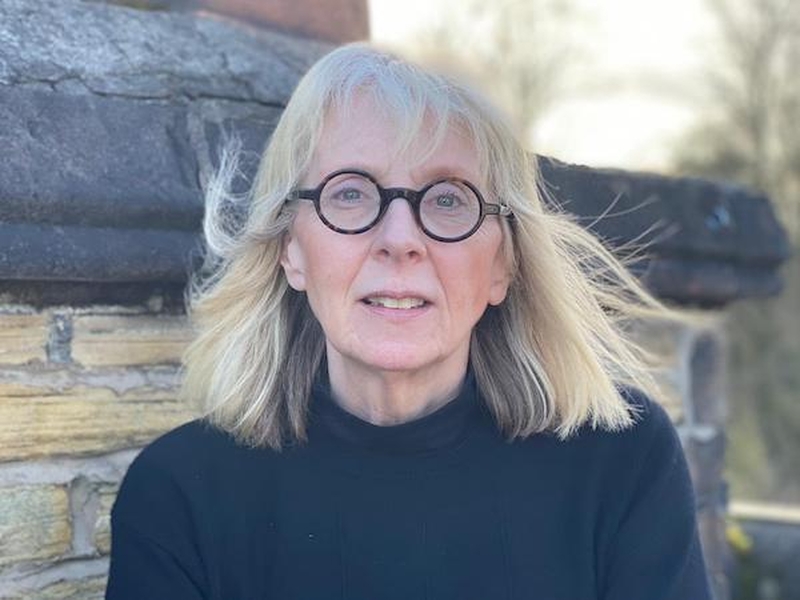
Laura Evans - Conservative
Laura Evans has based much of her campaign so far on her criticisms of Andy Burnham, specifically the performance of Greater Manchester Police. She says "I’ll get Greater Manchester Police out of special measures. Working with government, I'll fight to make sure Greater Manchester gets its fair share of the 20,000 officers being recruited nationally, so we can see more bobbies on the beat."
She is also campaigning against the Clean Air charge and is against bus franchising.
The more positive aspects of her campaign include her experience in business, a promise to improve the apprenticeships offer, build more homes, save green spaces and "to tackle the cycle of drug and alcohol abuse that, sadly, is often an underlying factor in why people end up on the streets across the country."
Laura Evans owns her own IT company based in Timperley and was a councillor for Village ward for nine years, where she was Executive Member for Transformation and Resources.
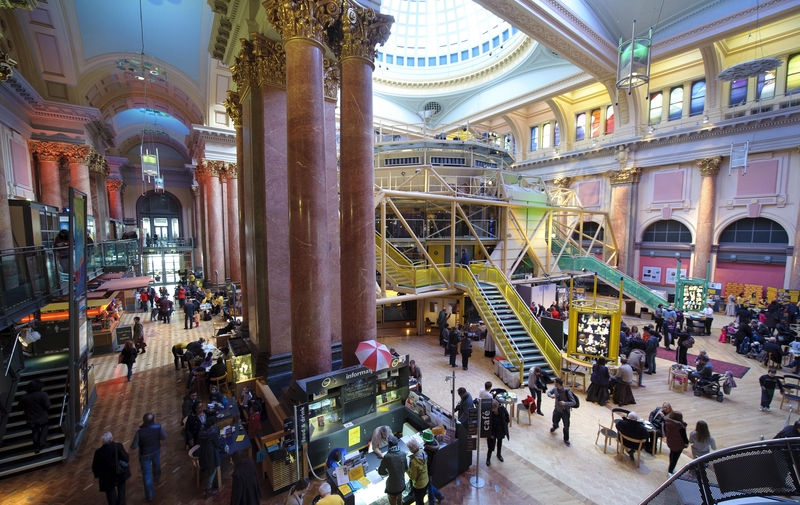
Marcus Farmer - Independent
Marcus Farmer stood at both the 2010 general election and the 2017 mayoral election as an independent candidate. He runs his own waste business which focuses on recycling.
Mr Farmer is concerned with regenerating the Manchester economy using AI, the environment and arts and culture as key drivers for job and wealth creation. He is for proportional representation at the local level and a slimmed-down council.
Mr Farmer says: "It's now time for a democratic 'changing of the guard' in our political system, where cities stand on their own two feet, independent of powers found in nationally-based political movements that claim to know what's best for us. The current party political system is the wrong option for Manchester if we want to generate the tangible and intangible assets that will drive long term confidence in our city's 'brand'."
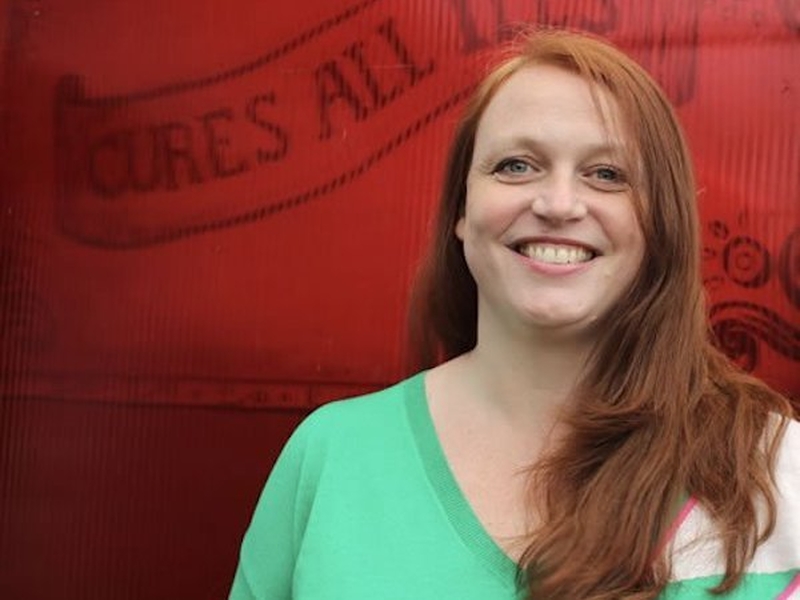
Melanie Horrocks - Green Party
Melanie Horrocks is a data specialist and currently reading for her PhD in Counter Terrorism at the University of Central Lancaster. She is also qualified as a lawyer and has worked with the Independent Police Complaints Commission as a senior lawyer. As Green candidate, priorities include a commitment to becoming carbon neutral by 2030, an improved public transport network and affordable housing for all.
She says: "I think it’s unacceptable that so many children live in poverty, with teachers having to wash clothes and feed children, often whilst they – along with nurses and members of our emergency services are forced to rely on food banks. I’m appalled to see our police numbers slashed, along with the fire brigade – all the while our huge corporations avoid tax."
Ms Horrocks argues that public transport needs to be “accessible for all” and criticises Labour for investing in Manchester airport. She has also said the number of road deaths should be cut “to zero”.
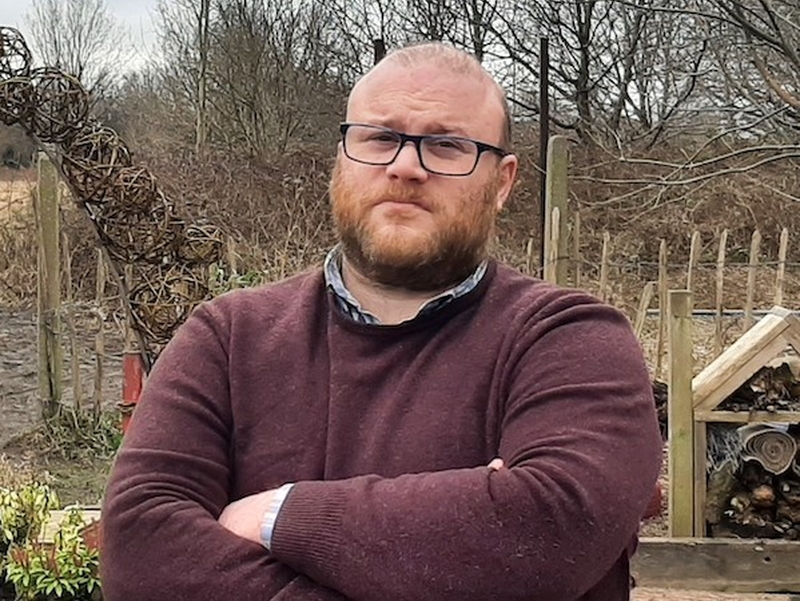
Simon Lepori - Liberal Democrats
Simon Lepori has worked in the health and social care sector for 17 years and returned to the NHS during the coronavirus pandemic. He is a Stretford resident and has been a supporter of the campaign against the development of Ryebank Fields in nearby Chorlton.
Mr Lepori's focus is on building a better healthcare system for Greater Manchester, refocusing police back into the local community, improving youth services, improving transport and a housing plan that prioritises the needs of people rather than developers.
He says: "There are huge health disparities in Greater Manchester. Huge economic disparities. There’s such a missed opportunity for Greater Manchester to be a beacon of green, high-tech jobs."
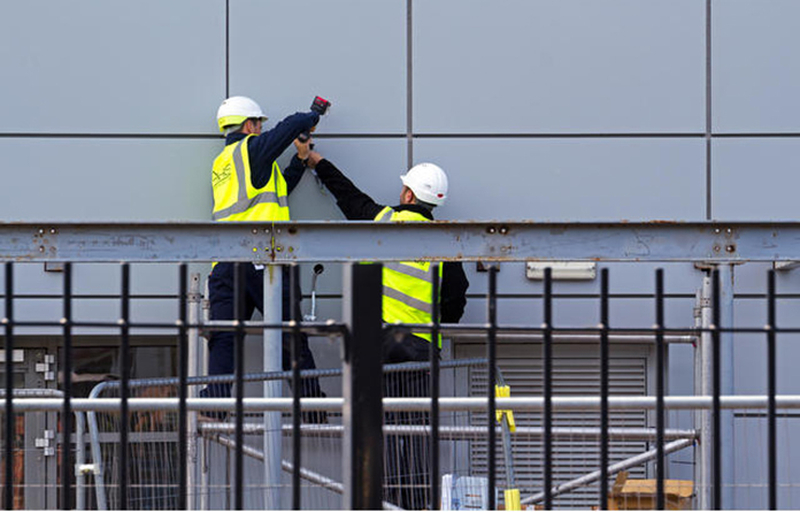
Alec Marvel - Independent
There are not many details available regarding independent candidate Alec Marvel. His Twitter account suggests that he is highly critical of Andy Burnham's record with the police and of the Government's handling of the coronavirus pandemic. He also opposes bus franchising and the proposed emissions charge. He vows to "concentrate on the most vulnerable areas and people needing more support. The people that the current mayor forgets about", including eradicating homelessness by requisitioning empty housing and helping those affected by the cladding scandal.
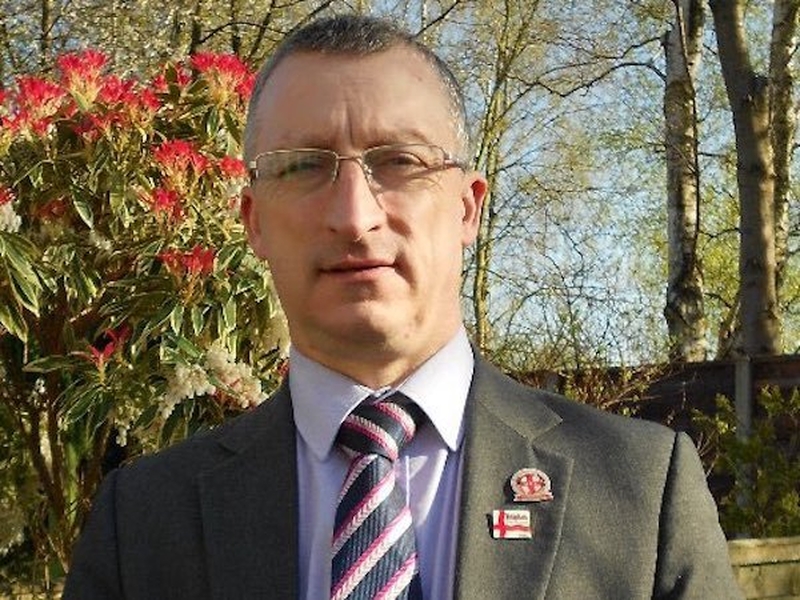
Stephen Morris - English Democrats
Stephen Morris, the general secretary for the Workers of England trade union, will be standing for the English Democrats, having previously represented the party at the 2017 mayoral election. His motto is "welfare of the people is the highest law", which is borrowed from Cicero, Hobbes or Locke, depending on how you read it. Closer to home it is also found on Salford council's coat of arms.
Mr Morris' focus is primarily on policing, promising to "cut red tape and put bobbies back on the beat" while proposing a "zero-tolerance policy towards political correctness in policing". Other priorities include family-friendly requirements for businesses tendering for local government contracts, mental health, early cancer diagnosis, prevention of an emissions charge and opposition to building on green belt land.
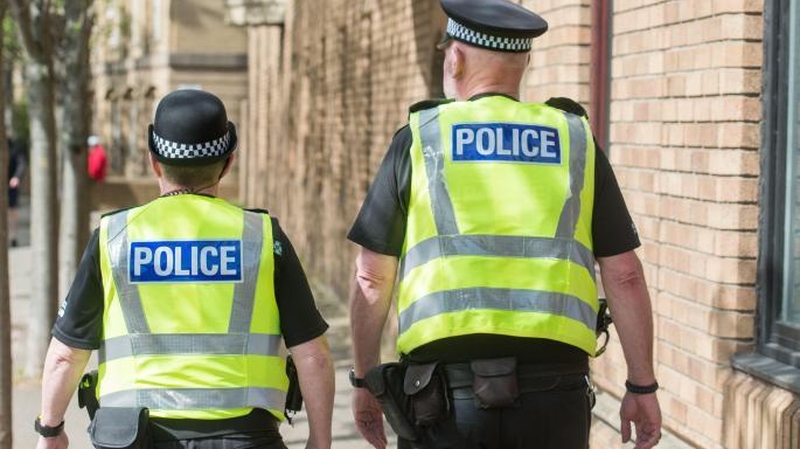
David Sutcliffe - Independent
David "Sutty" Sutcliffe is an ex-police officer standing on an "anti-corruption" ticket. He served in the Greater Manchester Police for 25 years winning numerous awards for his work. Mr Sutcliffe's main campaign pledge is to "challenge corrupt individuals". He promises to only serve a maximum of one mayoral term and would only claim half of the mayoral salary.
His campaign material says: "I have no desire to be a career politician but want Greater Manchester to be run for the benefit of its residents and not its rulers."
"I would have to investigate how bad the situation is before making any spending pledges. Staff reporting of wrongdoing and their protection would be of upmost (sic) importance.
"Once lockdown ends life will never be the same as previously. There will be less reliance on office-based working and that will lead to potentially large empty buildings and this will affect the viability of other ancillary business premises. I would urge another review of the GMSF (home building) to reflect this as do not want to have desolate town centres in a year's time."
Read next: Andy Burnham promises a ‘new era’ of policing in Manchester
Read again: What has happened to Manchester’s right to protest?
What exactly can the mayor do?
The mayor of Greater Manchester wields a fair amount of power. The mayor has control over police and crime, over the fire service, planning and housing policy, transport, culture, sports and manages a nearly £6.2 billion health and social care budget.
The mayor is also responsible for transforming public services and shaping the future of our region. He or she will represent the Greater Manchester people, making the case for our region to both our government and internationally.
The leaders of the 10 Greater Manchester councils form the Mayor’s Cabinet and the mayor is the chair and 11th member of the Greater Manchester Combined Authority. He or she is also supported by a Deputy Mayor for Policing and Crime (currently Baroness Beverley Hughes), and a Deputy Mayor for Economic Growth and Business (currently Sir Richard Leese).
The mayor is able to make some decisions independently, but others involve consultation with, and approval of, all 11 members of the Greater Manchester Combined Authority. Some decisions need unanimous support, others need a majority.
Mayoral powers also include setting a "precept" – a charge on council tax bills to help pay for the mayor’s work and local councils also make an agreed contribution towards the mayor’s activities and the role of the Greater Manchester Combined Authority.
The last day to join the electoral register ahead of the vote is Tuesday 17 April. This will also allow you to vote in the local elections on the same day.
If you have moved house since you last voted you must re-register at your new address. Everyone eligible in your home must register individually. Find out more at the Manchester City Council website.





